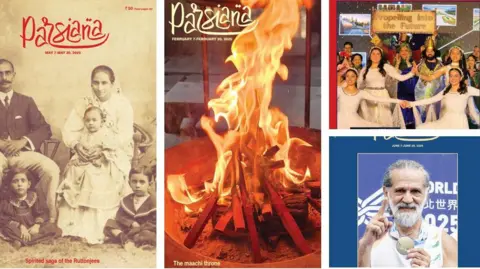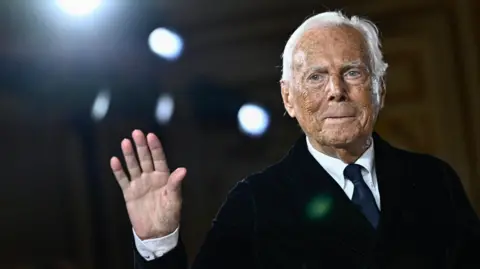The solemn air of St. Peter’s Square echoed with prayers and candlelight as mourners paid tribute to Pope Francis, who passed away on April 21, 2025, after suffering a stroke at the age of 88. A pivotal figure in the Catholic Church and the first pope from Latin America, Francis was widely celebrated for promoting a message of compassion toward migrants and marginalized communities around the globe.
President Trump, although known for his contrasting views with the pontiff, announced on Truth Social that he and Melania Trump would be attending the pope's funeral, expressing eagerness to honor his legacy. Following his last public appearance on Easter Sunday, his sudden passing took many by surprise. The Vatican released a report indicating a cerebral stroke was the cause, leading to a coma and irreversible cardiovascular failure.
A note from Cardinal Kevin Farrell revealed that Francis had requested a “simple tomb” in Rome, reflective of his humble beginnings. “Franciscus” would be the only inscription on the grave—a hallmark of the pope’s desire for simplicity. As tributes grew from world leaders praising his outreach, the future of the church now faced uncertainty with the imminent selection of his successor. Some anticipated a continuation of his globalist approach, while others speculated on the reversion to traditional doctrines.
Francis’ legacy, however, transcended the current debates. He worked tirelessly on issues surrounding climate change, economic disparity, and ecclesiastical reform. His remarkable ability to connect with people from diverse backgrounds solidified his role as a voice for the voiceless. Patrons in Argentina, his homeland, found emotional resonance as memories poured forth, reminding them of a pope who always championed the poor and reached out to the dispossessed.
As mourners gathered in cities from Caracas to Rome, many reflected on how he sought to reshape the church, steering conversations on LGBTQ rights and social justice while confronting the complexities of modern globalization. While opinions on his methods varied, the widespread acknowledgment of his contributions to society and faith was indisputable.
In the aftermath of his passing, the world stands ready to witness the conclave that will define the next chapter of the Catholic Church. The new pope must choose whether to extend Francis’ vision of inclusivity or return to a more traditional stance. The dialogue ignited by Francis will undoubtedly shape the course of the church and the lives of millions of faithful around the world, marking the continuation of his influence long after his departure.






















